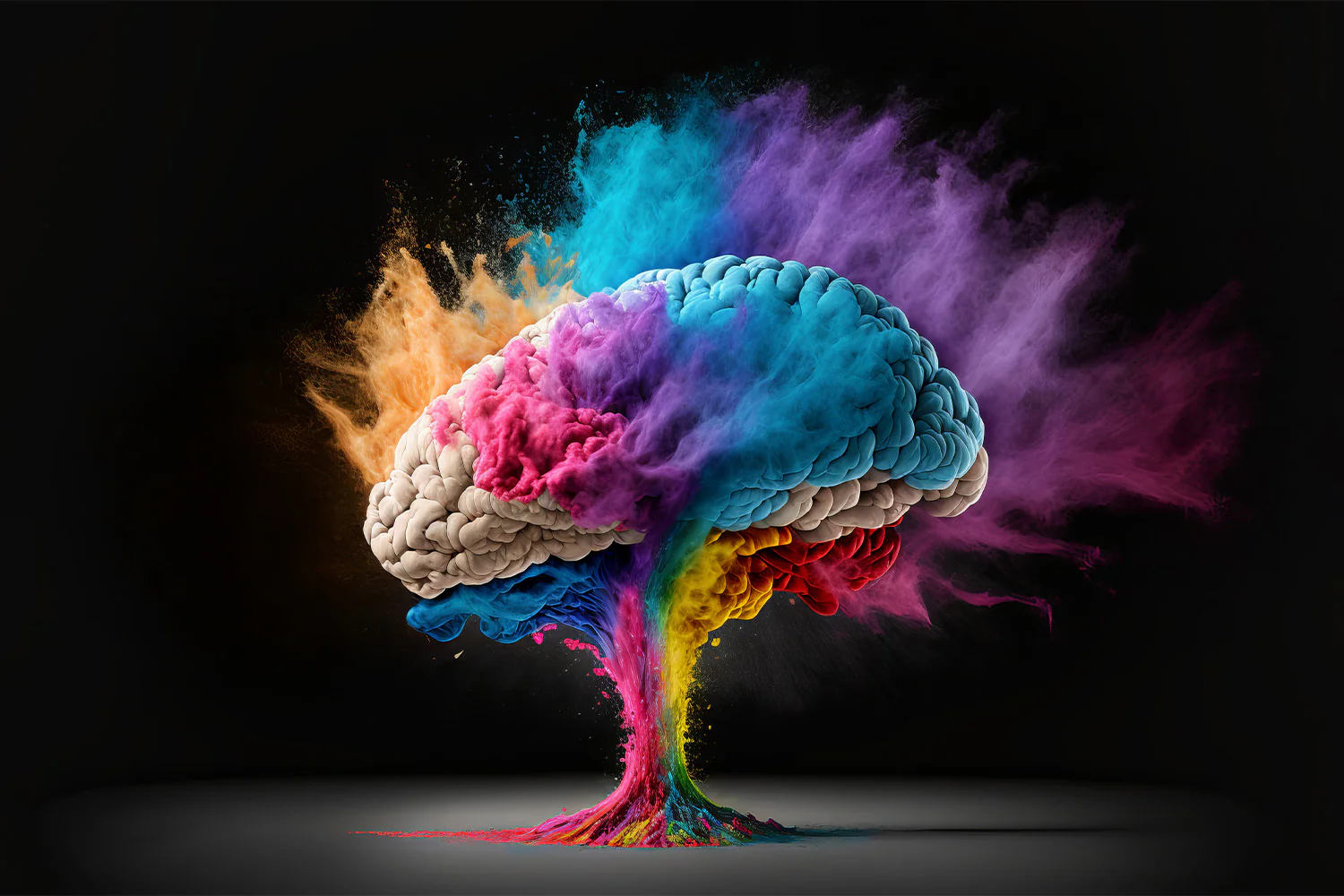Stress, pain, and fatigue have become an everyday struggle in today’s fast-paced life. And Ayurveda has the best solution for it- Marma therapy. It works, in fact, by stimulating special energy points in your body. These Marma points are like secret control centers that help balance your energy, improve circulation, and heal your body naturally. What Are Marma Points? Marma points are specific energy points in the body. You can think of these as ‘junctions’ where, in fact, muscles, nerves, bones, joints, and veins meet. There are 107 such junctions or Marma points described in Ayurveda which hold the vital energy in your body. When these points are blocked, pain, fatigue or even emotional distress may arise. But when they are properly stimulated, your energy (Prana) can flow freely balancing your body and mind. Every Marma point corresponds to specific organs and Doshas (Vata, Pitta and Kapha). Hence, activating these points can cure many problem areas of your body. Pretty cool, right? Prana: The Life Energy Behind Marma Therapy In Ayurveda, Prana is everything. It is the life force that keeps us alive, moving and functioning properly. If your Prana is blocked, you feel sluggish, unhealthy and mentally clouded. But when it flows freely, you feel energetic, light and vibrant. Marma therapy removes these energy blockages and it also, ensures that Prana is circulating properly. This is why people who receive Marma treatments feel instantly refreshed and full of life! The Science Behind Marma Therapy Now, you may be thinking — how is it possible to heal your body by just pressing certain points?Ayurveda has the right explanation for it. Stimulation of nerves There are, in fact, two types of nerves in our body: on one hand, sympathetic nerves, and on the other hand, parasympathetic nerves. Sympathetic nerves act like an ‘action button,’ while parasympathetic nerves function as a ‘relax button.’ Parasympathetic nerves help the body relax, slow down, and heal. Any compression of these nerves, consequently, can disrupt the body’s natural healing mechanism. Just like a good massage, applying gentle pressure to Marma points stimulates nerves, particularly those associated with the parasympathetic nervous system. This helps in: Reducing stress and anxiety Enhancing mental clarity Aiding the body’s self-healing process Therefore, if you are always stressed out, overthinking, and suffering from anxiety, Marma therapy can make you feel calm and composed. Energy Flow Balance According to Ayurveda, Prana or life energy is the force behind everything in our body. When Prana is flowing without any obstruction, we are healthy, full of life and balanced. But when there’s an energy blockage in a Marma point, we may feel tired, sick or emotionally stagnant. Marma therapy, therefore, removes this energy blockage and, as a result, balances the Doshas (Vata, Pitta, Kapha) balance. This keeps your body and mind in balance. Improved Circulation The Marma points when pressed correctly enhance blood circulation. This means: Your tissues receive more oxygen and nutrients Quicker recovery from wounds Toxins are removed from the body The increased blood flow, consequently, can provide enormous relief for people with arthritis, muscle stiffness, or, in addition, chronic fatigue. Restoration of Vitality Do you feel depleted and exhausted, despite a full night’s sleep? If your answer is yes, it’s possible that your body’s energy or Prana isn’t flowing properly. Marma therapy improves the flow of energy in your body. As a result, you feel more energetic, refreshed and active. People who experience chronic stress, burnout, or physical exhaustion can benefit tremendously from just a couple of Marma Chikitsa sessions. No multi-vitamin and multimineral supplements are needed! How Marma Therapy Heals the Body and Mind Marma therapy doesn’t just work on the body—it also clears emotional blockages. Let’s take a look at how it benefits both: Physical healing Marma therapy helps with: Reducing pain (joint pain, muscle stiffness, headaches) Boosting the immune system Healing injuries faster Improving digestion and metabolism Unlike modern medicines, it doesn’t just mask symptoms, but addresses the root cause of the problem, helping the body heal naturally. Mental and emotional healing Our mind and body are deeply connected. When we suppress emotions like stress, anger or grief, it often manifests as pain in the body. Marma therapy releases these trapped emotions, making us feel lighter, calmer and more peaceful. It helps with: Reducing anxiety and overthinking Calming the nervous system Bringing emotional balance Many people feel an instant sense of peace after a Marma session like a heavy weight has been lifted off their shoulders. Key Marma Points and Their Benefits There are 107 Marma points, but here are three of the most powerful ones: Sthapani Marma (forehead point – between eyebrows) Improves focus and memory Reduces headaches and stress Clears mental fog Hridaya Marma (heart – center of chest) Balances emotions and reduces anxiety Supports heart health Improves circulation Nabhi Marma (navel point – center of belly) Enhances digestion and metabolism Boosts energy levels Strengthens immunity Stimulating these points regularly, consequently, can lead to better health, clarity, and, in addition, inner peace. Healing Cervical Pain with Marma Therapy I once had a patient who works in an IT job and was suffering from stiffness and pain in the cervical (neck) area. The pain radiated down to his hands and fingertips. Why was the pain radiating? Your vertebrae (spinal bones) are aligned one on top of the other. And there are holes through which the nerves pass. If you are constantly having a bad posture, this alignment gets disturbed. Consequently, these gaps compress the nerves that pass through them. Wherever the nerve goes you will have pain. And the solution? No amount of internal medicine can… Continue reading Marma Therapy and Its Amazing Benefits
Marma Therapy and Its Amazing Benefits









